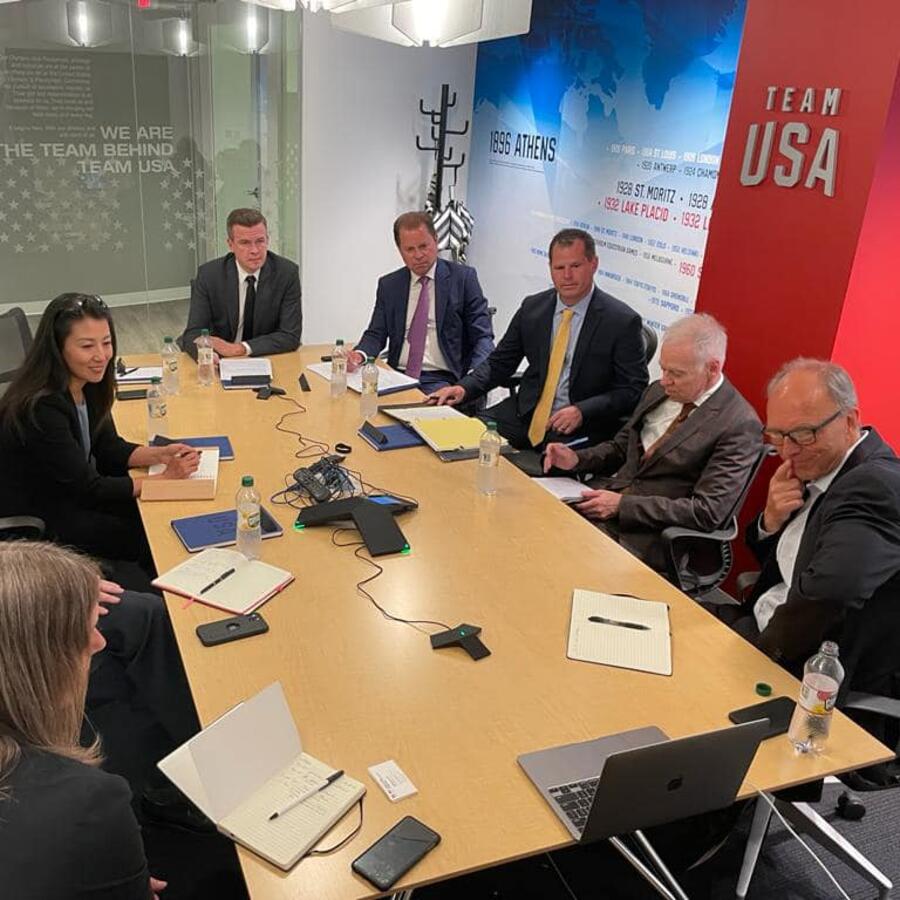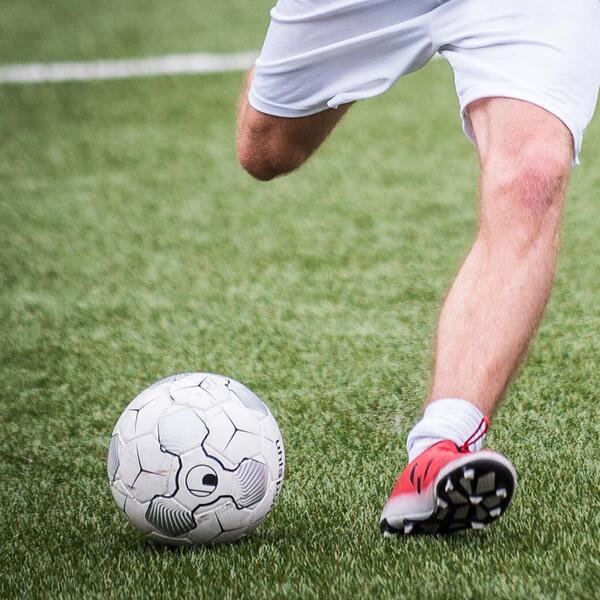Releases
WADA leadership holds productive meetings in Washington with U.S. partners

As part of the World Anti-Doping Agency’s (WADA’s) strategic priority to collaborate and unite with its stakeholders, the WADA President Witold Bańka, Vice-President Yang Yang and Director General Olivier Niggli have been in Washington DC this week to meet with a number of key partners in the United States.
These meetings included visiting the Office of National Drug Control Policy (ONDCP) at the White House, as well as discussions with the National Institute on Drug Abuse, the United States Olympic and Paralympic Committee and the United States Anti-Doping Agency.
WADA President, Witold Bańka, said: “From the very start, the United States has been a crucial partner for WADA and one of the leading countries whose efforts brought about the creation of the Agency in 1999. I know how critical U.S. leadership and engagement has been to protecting fair sport around the world.
“In particular, I would like to thank the Office of National Drug Control Policy and its Director, Dr. Rahul Gupta, for demonstrating a strong commitment towards protecting clean sports and support of WADA’s mission. It is only by working collaboratively towards a united goal that we can make real inroads towards WADA’s vision of providing a world where clean athletes can compete in a doping-free environment.”
WADA Director General, Olivier Niggli, said: “These meetings in Washington have been a great opportunity to update our partners in the U.S. on WADA’s priorities and activities and to listen to their views and suggestions. From WADA’s perspective, they were very productive and much appreciated. Based on positive feedback received from those who participated, they feel likewise. It is vital that WADA leadership continues to meet with stakeholders to hear their perspectives and discuss how to further strengthen the national and international legal frameworks.”
Some of the main topics discussed during the meetings included:
- WADA’s priorities and current areas of development and innovation, such as athlete engagement, education, intelligence and investigations, compliance monitoring, and scientific research, including the need to increase research collaboration with organizations around the world.
- The implementation of WADA's wide-ranging governance reforms, which are putting athletes at the center of what WADA does and the decisions it makes.
- How the war in Ukraine has affected the sports system, as well as the support WADA and other organizations are providing to Ukrainian athletes and the anti-doping community at this time.
- The status of the Russian Anti-Doping Agency’s compliance with the World Anti-Doping Code.
- Encouraging further active cooperation between the United States and other nations, particularly in the Americas region, to ensure that the anti-doping community is collaborating effectively and working together towards the same goal.
- WADA’s strategy to further enhance its funding model, including through the development of additional sources of funding, in particular with the private sector.

